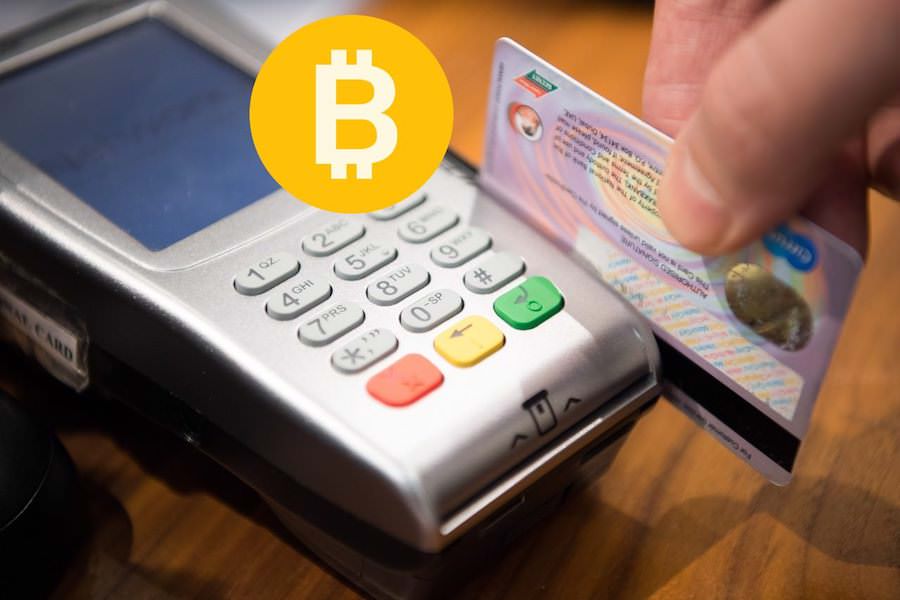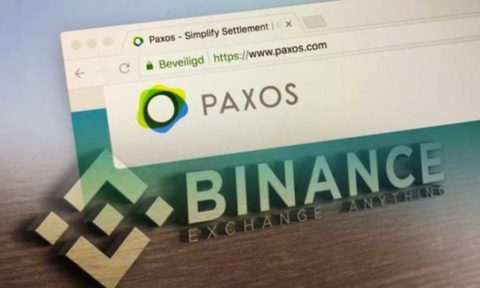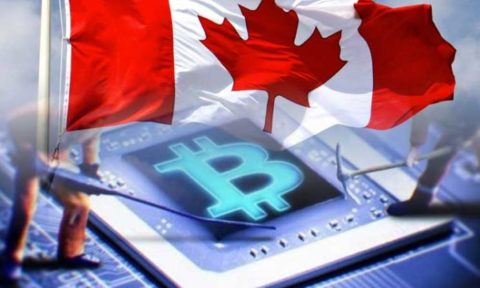Switzerland was initially leading the way with the integration of cryptocurrencies into mainstream economic transactions, however they are having serious competition with this. As it is Malta and Gibraltar as well as others are desperately snatching up as many prospective crypto start-ups and well established crypto organizations as possible. However, they may soon have competition from countries who are eager to demonstrate the utilization of cryptocurrencies as a medium for efficient transactions in a physical currency devoid world. Who is this new competitor – none other than India. The India government is very eager to step up and make use of cryptocurrencies as an additional mechanism for payment for a wide variety of services, let’s explore the story behind the innovation.
A Token for India
The governing authorities are not considering making use of pre-established cryptocurrency tokens such as Bitcoin (BTC) or Ethereum (ETH). Instead the legislative authorities are currently thinking out-loud whether or not they should create a token to represent the currency of India. This over and above the fact that the Indian government is currently going out of its way to cramp down on the crypto companies and exchanges that have attempted to find a home within its economy.
The Indian government decided earlier on the year that they should establish an investigatory team to enquire as to the viability of cryptocurrencies within the traditional economy. In addition, this very same team has begun to question how cryptocurrencies can become integrated within the delivery of public services. At present reports are surfacing stating that the team is planning on proposing that the token for India will be used as a symbolic-representative of Indian currency rather than as an overhaul of the current financial system.
How The Token Could Be Used
One way that the token may be used is an easy payment method for the public transportation system. Another possible avenue that could be implemented is through the private sector, where individuals can earn air miles. Thus, people can rather earn air miles in the form of tokens instead of receiving them in the form of points. This could be extremely beneficial not just for companies and the government who have an easier way of tracking the system, but also increase efficiency for the consumer.
Looking Into The Committee
Looking into the team itself, the team is comprised of constituents who are representative of multiple branches of the Indian government including the taxation branch as well as Department of Economic Affairs or DoEA. In addition, there are also participants from the State Bank of India. The initial directive of the team was to look into cryptocurrencies both within India and abroad and to examine the varying legislation that has been instituted and their varying levels of effectiveness.
The team also had to look into possible implications that cryptocurrencies could have and how to increase general security within the sector. During the time that has been taken by the investigatory team thus far, the government issued a mandate to all financial institutes in India that as of April 2018 they should no longer offer banking services to crypto start-ups. Everything in India is set to be dependent upon the reports from the committee in the coming weeks.











